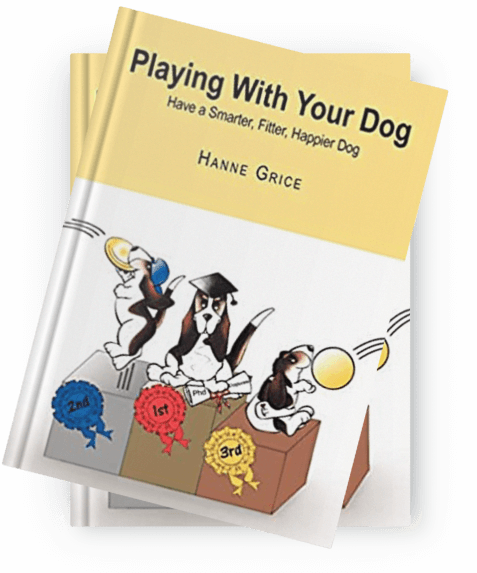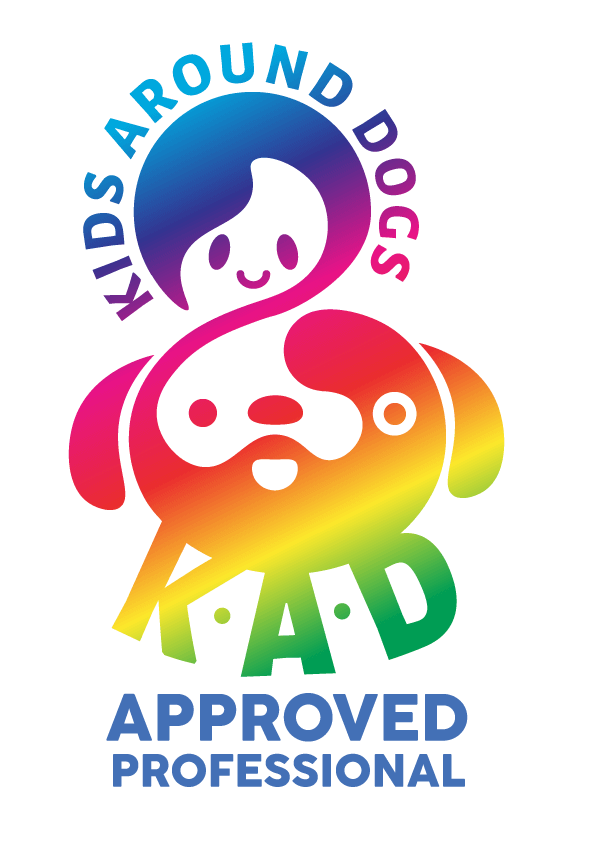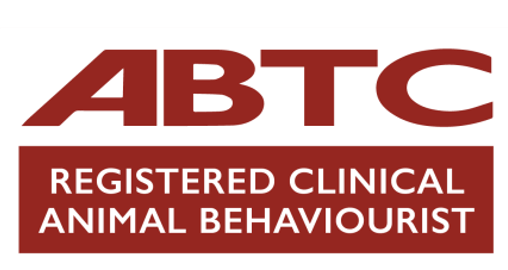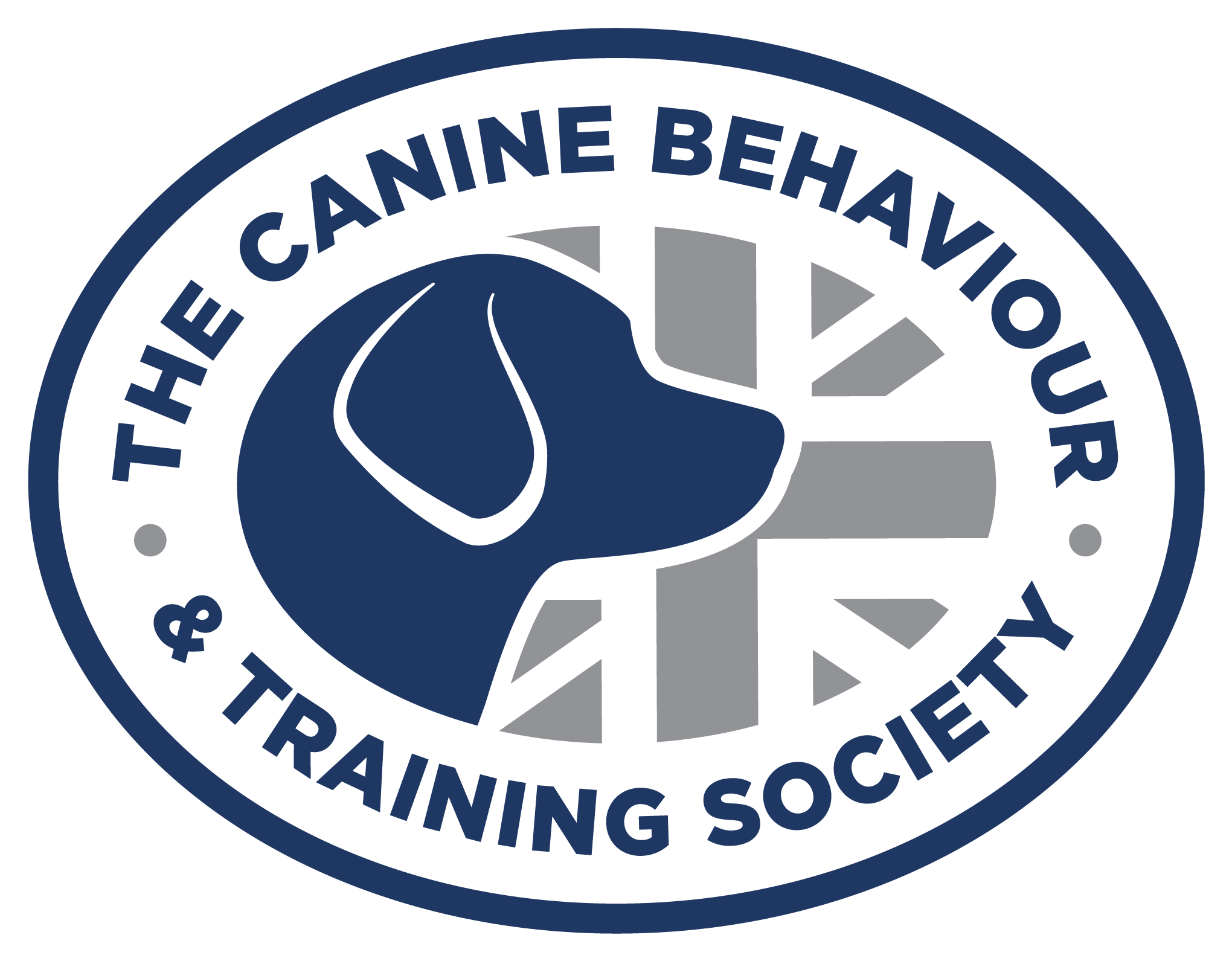A new intelligence test has been developed for dogs. While this isn’t the first of it’s kind that can tell you if your dog is a Canine-Einstein, the results are likely to benefit the studies into human dementia.
The study was developed by Rosalind Arden, a research associate at the London School of Economics, in conjunction with the University of Edinburgh. It involved 68 border collies – all from the same background – that undertook a series of cognitive tasks. The study found that, just like us humans, dogs do vary in their levels of cleverness.
Some of the tasks in the study included; an exercise where the dogs had to work out how to get to food that was placed behind a barrier, while another involved two plates of food being offered to the dogs and assessing if the animals learnt to go to the one with the bigger portion, and another task investigated how many times the dogs followed a human pointing gesture. The scientists found those dogs that performed well in one task, generally completed the other tasks with greater accuracy.
So why is all this important?
The ageing process and dogs’ intelligence act in similar ways to humans. According to scientists, brighter people tend to live longer, yet this can be challenging to investigate because of our lifestyle choices from our diet to whether we smoke, drink and exercise, these factors all have bearing on our health. That means, compared to us, dogs are more of a blank canvas and links between intelligence and longevity are likely to be more straightforward to analyse. Furthermore, because dogs can develop dementia, referred to as canine cognitive dysfunction which causes changes to the brain structure, a dog’s behaviour may change such as not wanting to be petted anymore. “Such changes reproduce lots of the disturbances found in human dementia” says Arden, and by better understanding dogs’ cognitive abilities this may in turn help scientists “understand the causes of dementia and possibly test treatments for it.”
Dr Brian Hare, who heads up the canine cognition lab at Duke University, warns that referring to this an IQ test implies intelligence is linear. According to Hare, there’s not one type of intelligence. That is why he and the team at Duke created the science-based website called Dognition, where owners can learn to play games to test their dog’s brain power. The games help measure factors such as how your dog communicates, how empathic or cunning your dog is and is your pet capable of abstract thought like reasoning? The basis of this thinking is that, just like some humans are better at, for example Art or English, others may be better at subjects such as Maths, it’s the same for our dogs.
Dogs and humans have evolved alongside each other for over 15,000 years. So it is little wonder that we share many characteristics with our four-legged friends. While this new study backs previous investigations to show that there are variations in dogs’ intelligence – and – is likely to benefit studies into dementia, we still have a long way to go before we fully understand Fido’s brain.
Source: Intelligence, Volume 55, March–April 2016, Pages 79–85. To read the study, click here.
Learn more about our classes
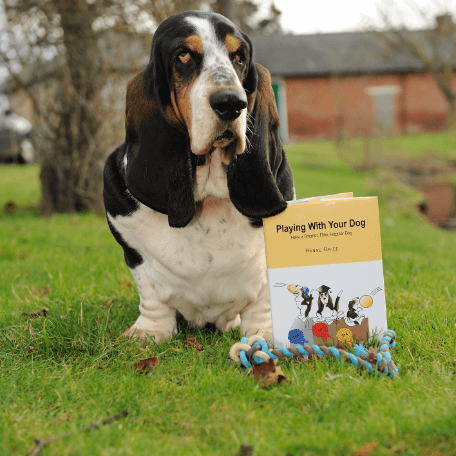
Get Hanne's Book
Playing With Your Dog will help any dog owner work out the games that are best suited for their pet to play throughout his life, from puppyhood to old age. The book also shares some tricks for all ages, group activities, and recommended toys that dogs will enjoy.
